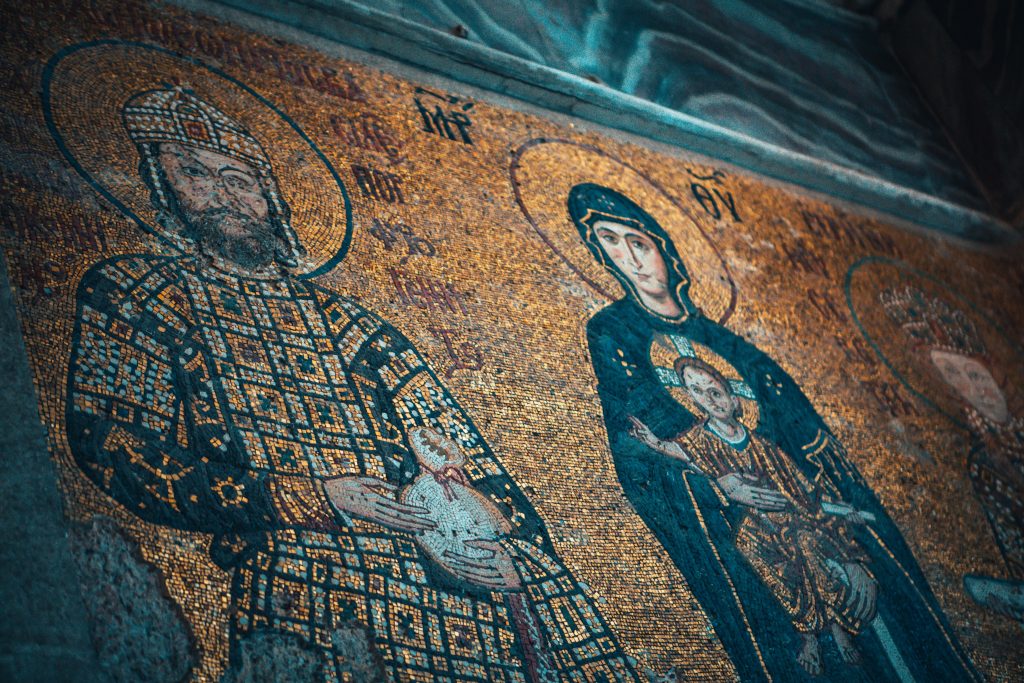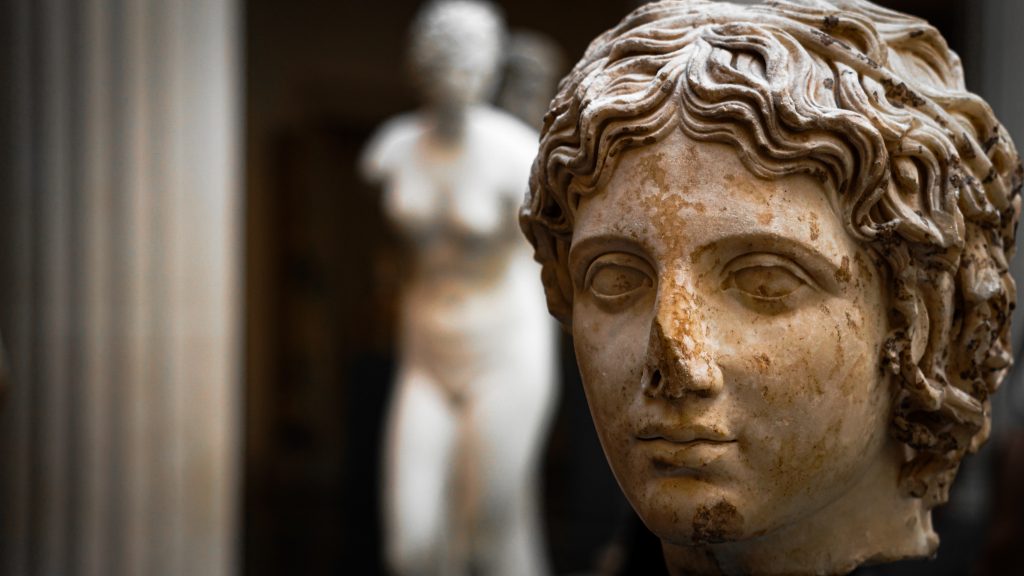How Did Byzantine Culture Influence Europe

The Byzantine Empire is also known as Byzantium or The Eastern Roman Empire because it was the continuation of Roman rule in the eastern parts of the world and its capital is Istanbul which was at that time known as Constantinople. Byzantine Empire has its cultural roots changing for centuries down in history. The Byzantine culture is unique as it is mainly made up of Christian and Greek cultures. The Byzantine Empire has also had Islam and Muslims influencing in the past. The biggest influence on the Byzantine culture was of the Roman law and governance, Christianity, and lastly the Greek culture. This is the reason due to which the Byzantine culture turned out to be unique and influenced different parts of the world including Europe with its unique culture but How Did Byzantine Culture Influence Europe?
The most notable contribution in the history of the Byzantine Empire which tells that how did the Byzantine culture influence Europe is the Haga Sofia which is located in Istanbul, Turkey. It has previously been a museum and a Christian church. It is the base that started the construction of churches spreading all over in European countries and lasted about 1123 years approximately from 330 A.D to 1453 A.D

Haga Sofia in Istanbul, Turkey
The Byzantine Culture and its Contributions
The Byzantine culture is considered to be very unique because it was a blend of different religions, ideas, and ideologies including religion like Christianity, ideologies, and technologies of Roman and Greek which is why it has influenced the whole world and especially Europe a lot. The western countries of Europe were influenced by the arts, architecture, and trade of Byzantine culture.
Some other contributions of the Byzantine Empire and culture were the amendments and developments of the Roman law, the language and learning of the people were preserved for the upcoming generations and the church being kind freed the Slavic countries and converted them. The Byzantine Empire also contributed to giving Emperor the strongest power, the rights of all the individuals were protected, the non-Christians and Jews were discriminated against each other for the first time and they played an important role in helping the women to inherit property by bringing rulings.

Interior Designing of Haga Sofia
Influence on other countries
Orthodox Christianity and the Greek culture of Byzantine were spread in different parts of the world by the Byzantine Empire and its people. The culture had the biggest influence on the Russian Empire where Christianity was spread and people were loyal in following it even during the rule of Mongols in the region. The Russians continued to follow the heritage transferred to them by their Church. This resulted in riots and rage within the Byzantine Empire and the debate continued for almost a century because the people of the Byzantine Empire were fond of the icons and hence the Iconoclasm was abandoned by the people of the Byzantine Empire.
Also, a written language for the Slavic countries was developed which is known as Cyrillic which helped the people to adopt the Greek language. Cyrillic was named after the late Greek monk Cyril who helped a lot in developing the language.

Historical ceiling design by Byzantine Empire
The Lasting Impact and Influence
The culture of the Byzantine empire was a blend of different ideas of people belonging to different religions and ideological systems. The trade was growing every day and the hub of the business was Constantinople. The Byzantine Empire and its people had a very important history as it revived the studies and researches of the Roman and Greek and its people spread Orthodox Christianity all over Europe and other parts of the world. During the existence of the Byzantine Empire art and literature improved and artists started using new techniques and ways to express themselves keeping themes religious and mixing Greek and Roman ideas.
The Byzantine culture was so powerful and influential that even after the decline of the Byzantine Empire its culture and its religion are still practiced among different countries of Europe which include Greece, Romania, Russia, and Bulgaria.

A historic Roman Greek Statue
Byzantine Empire and the Trade culture
Constantinople was the trade hub back in the peak time of the Byzantine Empire and was located between the land and the sea. The trading route of The Byzantine Empire at different times was spread to Eurasia and North Africa. Their economy was one of the best economies in the whole Mediterranean region for many decades because the trade was at its peak due to the geography of Constantinople and not to forget the extremely strong army of the Byzantine Empire.
Another unique factor at that time that influenced a lot was the tax rates which were the same for both the people of the Byzantine Empire and the foreigners living in the Byzantine Empire. This was a great advantage for the merchants to expand their businesses so, they started trading in different regions which include the Indian Ocean, Red Sea, and the Black Sea. The third factor was the trade and use of luxury goods from other places in the East which was captured by the long-distance trade by the Byzantine Empire. The long-distance trade was very successful after the 6th century and played an important role in strengthening the overall Byzantine Empire.
The decline of the Byzantine Empire
One of the main reasons for the decline of the Byzantine Empire was the Ottoman Turks. The Ottoman Turks kept on pressuring the people of Byzantine to surrender and on the other hand the Byzantine Empire had no choice but to surrender to the Turks because of the Crusaders. The Crusaders were basically Christians which were fighting against the Ottoman Turks. They made the Byzantine Empire so weak internally that they had no choice but to surrender to the Ottoman Turks and thus the fall of Constantinople occurred in 1453 and people had no choice but to migrate to other places. The people which immigrated from Constantinople included different writers, poets, artists, and politicians who advanced in Greek and Roman studies including Sciences and Humanism. These people also brought the preserved knowledge of their culture to Europe. Hopefully the question that how did the Byzantine culture influence Europe has been answered now.
-
Culture3 years ago
Viking Braids: Styles, Ideas and Method for Men and Women
-
Culture3 years ago
Cultural Integration: Definition, Examples, And Benefits
-
Culture3 years ago
Carmen Winstead: Full Story About the Terrorized 17 Year Old Girl
-
Fitness3 years ago
Best Royal Rumble Matches In WWE History
-
Culture3 years ago
Germany or Sweden: Which is Better For Lifestyle And Why
-
Culture3 years ago
German Mythological Creatures from German Folklore
-
Culture3 years ago
Health Triangle: Everything You Need To Know About it
-
Culture3 years ago
10 Best Examples Of Folk Culture




















